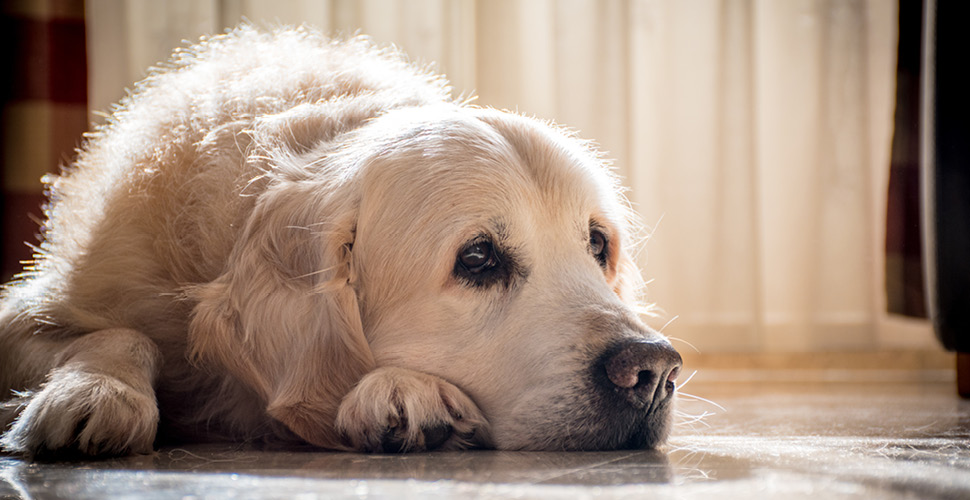As our pets age, their needs evolve. Just like humans, senior pets require a bit of extra attention to ensure they remain comfortable and healthy in their golden years. Whether it’s adjusting their diet, scheduling more frequent health checkups, or making simple changes around your home, there are several ways you can help your furry companion age gracefully. Here are some key tips to keep your senior pet feeling their best.
1. Regular Health Screenings
As pets grow older, their risk for certain health issues increases. Regular vet visits become even more critical as your pet enters their senior years. Annual or bi-annual health screenings allow your vet to catch issues early, whether it’s arthritis, dental disease, or age-related kidney problems. These checkups should include blood work, dental exams, and mobility assessments.
Pro Tip: Create a pet health calendar to track these appointments and note any changes in your pet’s behavior or physical condition. Early detection is key to keeping your senior pet comfortable.
2. Adjust Their Diet
Senior pets have different nutritional needs than younger ones. As they become less active, they may need fewer calories to avoid weight gain, which can strain their joints. Look for senior-specific food formulas that are lower in calories but packed with joint-supporting ingredients like omega-3 fatty acids and glucosamine.
Hydration is also essential for senior pets, especially those prone to kidney disease. Make sure your pet always has access to clean, fresh water. Using Kinn Inc.’s KleanBowl ensures your senior pet has a clean and bacteria-free bowl for every meal and drink, promoting better hydration and overall health.
3. Make Your Home More Accessible
Mobility can become an issue for older pets, especially if they suffer from arthritis or hip dysplasia. Making simple changes to your home can make a big difference:
- Ramps and Stairs: Consider installing ramps or pet stairs to help your dog or cat get onto their favorite couch or bed without jumping.
- Non-Slip Rugs: Place rugs or non-slip mats around the house to prevent your pet from slipping on hardwood or tile floors.
- Elevated Food Bowls: If bending down becomes difficult, elevated food and water bowls can make meal times more comfortable for senior pets.
4. Keep Them Moving
While senior pets might slow down, keeping them active is still important for maintaining muscle tone and joint health. Gentle exercise, like short walks or swimming, can help with mobility and prevent stiffness. Always tailor the activity to your pet’s ability and energy levels, and make sure they don’t overexert themselves.
Tip for Playtime: Introduce low-impact activities like puzzle toys that stimulate your pet’s mind without demanding too much physical energy.
5. Pay Attention to Behavioral Changes
As pets age, they may experience cognitive decline, also known as Canine Cognitive Dysfunction (similar to dementia in humans). If you notice your pet seeming confused, anxious, or disoriented, speak to your vet. There are treatments that can help manage these symptoms and improve their quality of life.
6. Comfort is Key
As pets age, their bodies may ache more, and their sleep patterns might change. Make sure your senior pet has a soft, supportive bed that’s easy to access and warm. Orthopedic beds can provide extra cushioning for joints, offering your pet a more restful sleep.
Our pets give us their unconditional love for many years, and as they enter their senior stage, it’s our turn to ensure they’re as comfortable and healthy as possible. With regular health checkups, adjustments in their diet, a senior-friendly home, and a little extra TLC, you can make sure your aging pet enjoys their golden years to the fullest.
By incorporating these simple changes into your senior pet care routine, you’re giving them the best chance at aging with grace and comfort. And with Kinn Inc.’s KleanBowl, you can ensure that they’re always eating and drinking from a clean, bacteria-free bowl—just one more way to show your pet you care.


